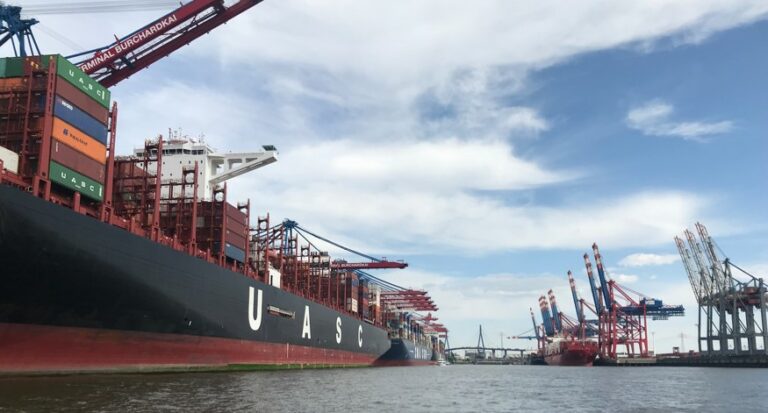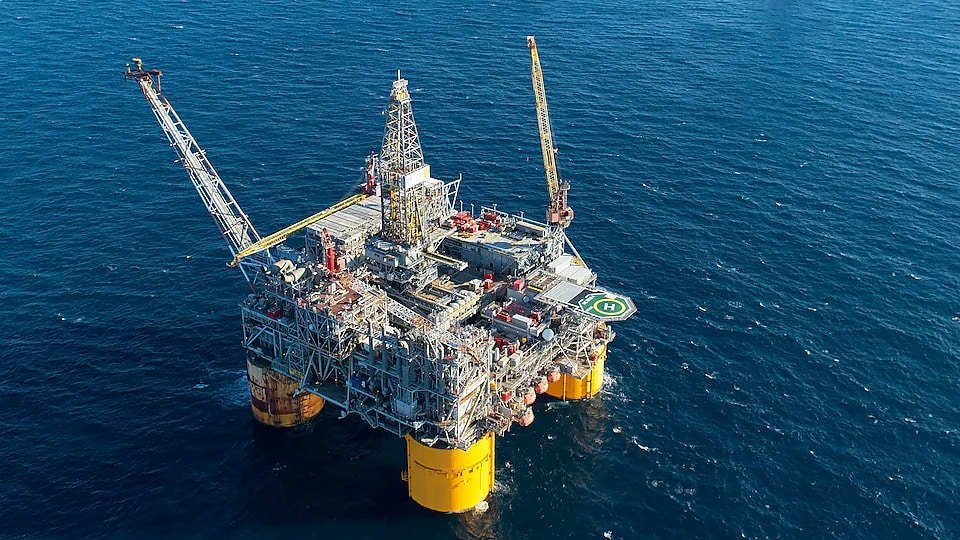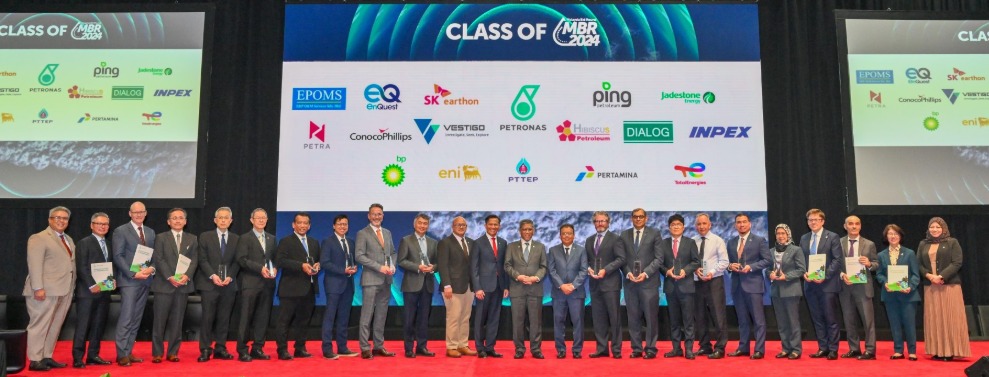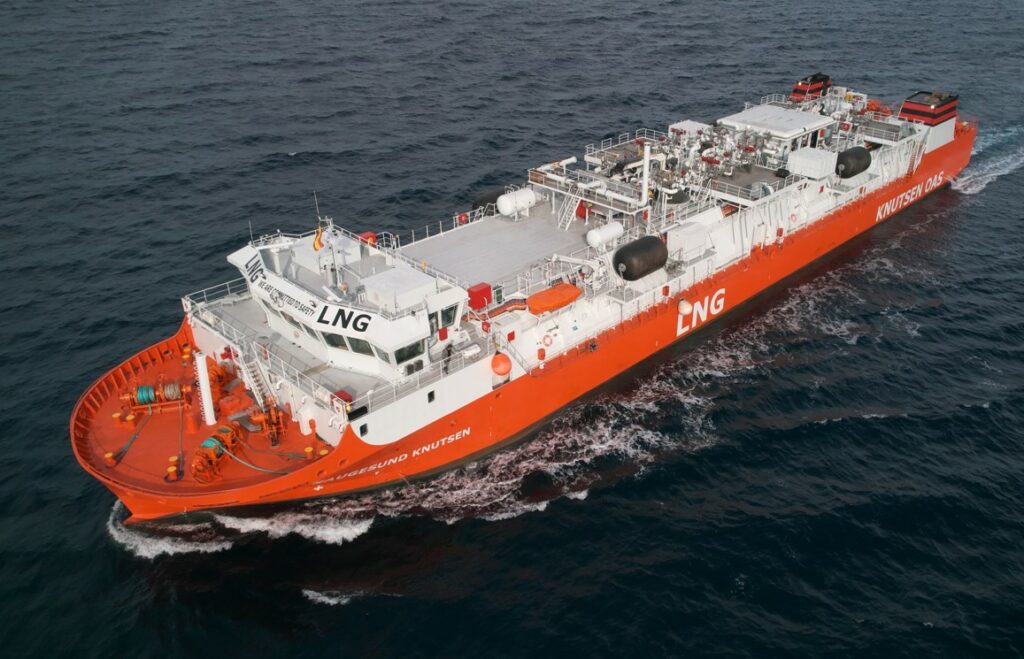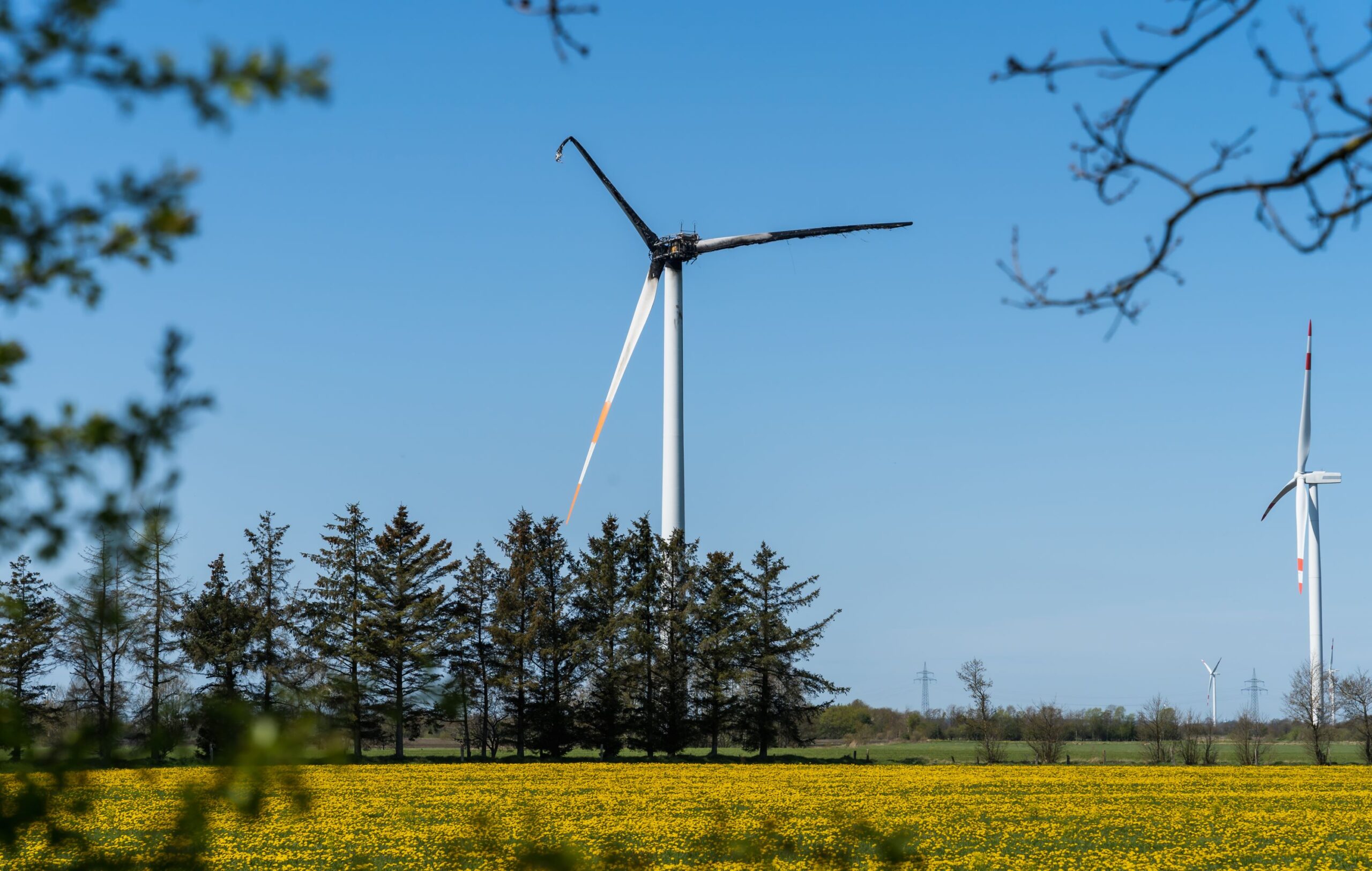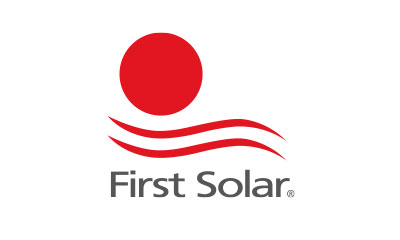MOL Group produces HVO and SAF via co-processing
Hungary-headed integrated oil, gas, petrochemicals, and consumer retail company MOL Group has announced that it has produced a diesel fuel containing hydrotreated vegetable oil (HVO), and sustainable aviation fuel (SAF) at its Slovnaft refinery in Bratislava, Slovakia. The quality of the products has been verified by radioisotope analysis by the independent specialist laboratory of Isotoptech Zrt.

According to a statement, the successful production test confirms that MOL Group is technologically ready for the production of alternative synthetic fuels, which is part of the company’s long-term “SHAPE TOMORROW” strategy.
HVO was successfully produced at the Bratislava Refinery using oil from cashew nut shells and the biocomponent produced this way was co-processed together with crude oil.
MOL Group has been using the so-called co-processing at its Danube Refinery in Százhalombatta for several years: the process reduces the emissions of traditional fuels by mixing plant residues, as the bio- and fossil components are processed simultaneously directly during production.
The production test was successful: the diesel product was analyzed by the Hungarian Isotoptech Zrt laboratory which confirmed that it contains the required ratio of HVO.
Co-processed SAF
At the same time, MOL Group’s Bratislava Refinery conducted another production test, which produced sustainable aviation fuel (SAF) by co-processing as well. In this case, the company also created value from waste: it processed partially refined used cooking oil (UCO) with conventional fossil raw material.
The test proved that the Slovnaft Bratislava Refinery’s production unit used for the production of standard aviation kerosene is also suitable for producing SAF.
We are technologically ready to produce biodiesel of vegetable origin as well as sustainable aviation fuel. This could open a new chapter in the sustainable efforts of MOL Group: we offer our customers an increasing variety and quantity of fuels, thus contributing to the smart energy transition as well, said Csaba Zsótér, SVP of Fuels at MOL Group.
MOL Group is technologically ready
Currently, very few refineries in the world produce SAF. Slovnaft has thus become one of the first refineries capable of producing aviation fuel meeting the quality requirements set for SAF.
In the context of EU environmental targets, SAF is to account for 2 percent of total aviation fuel consumption from 2025, with this percentage gradually increasing each year. The share of SAF is to increase to 6 percent by 2030, 20 percent by 2035, and 70 percent by 2050.
These requirements will apply to all flights originating in the EU, regardless of destination.
Slovnaft, as well as the MOL Group, also cooperated with the Faculty of Aeronautics of the Technical University of Košice in the testing of SAF.
The fact that Slovnaft has passed this test is a confirmation of our position as an important player in the CEE region. The competence in chemical production that we have acquired over the long history of the company must be preserved and developed in line with where the company is moving and what kind of future we want to create, said Gabriel Szabó, Vice Chairman of the Slovnaft Management Board and VP Downstream of the MOL Group.
What's Your Reaction?




















